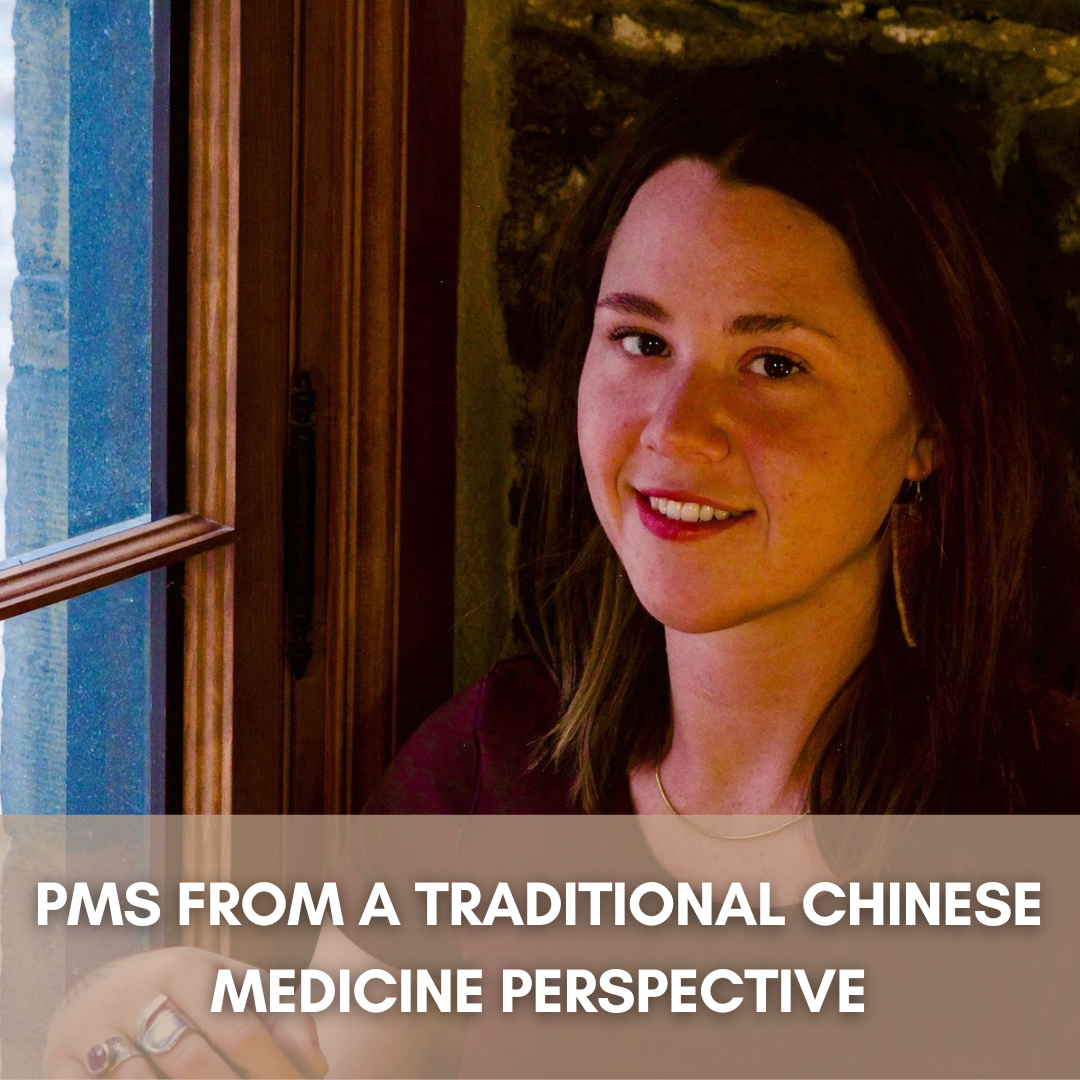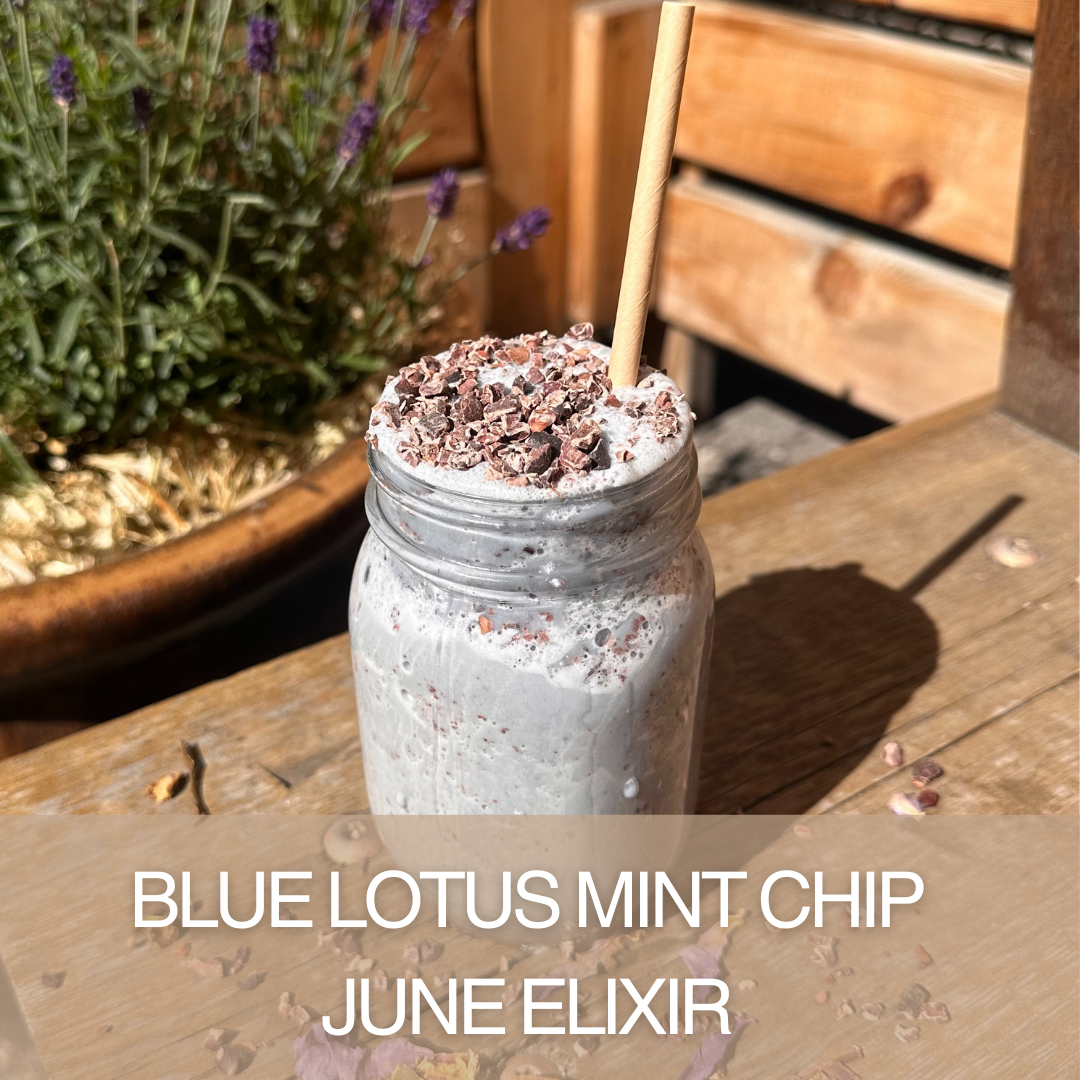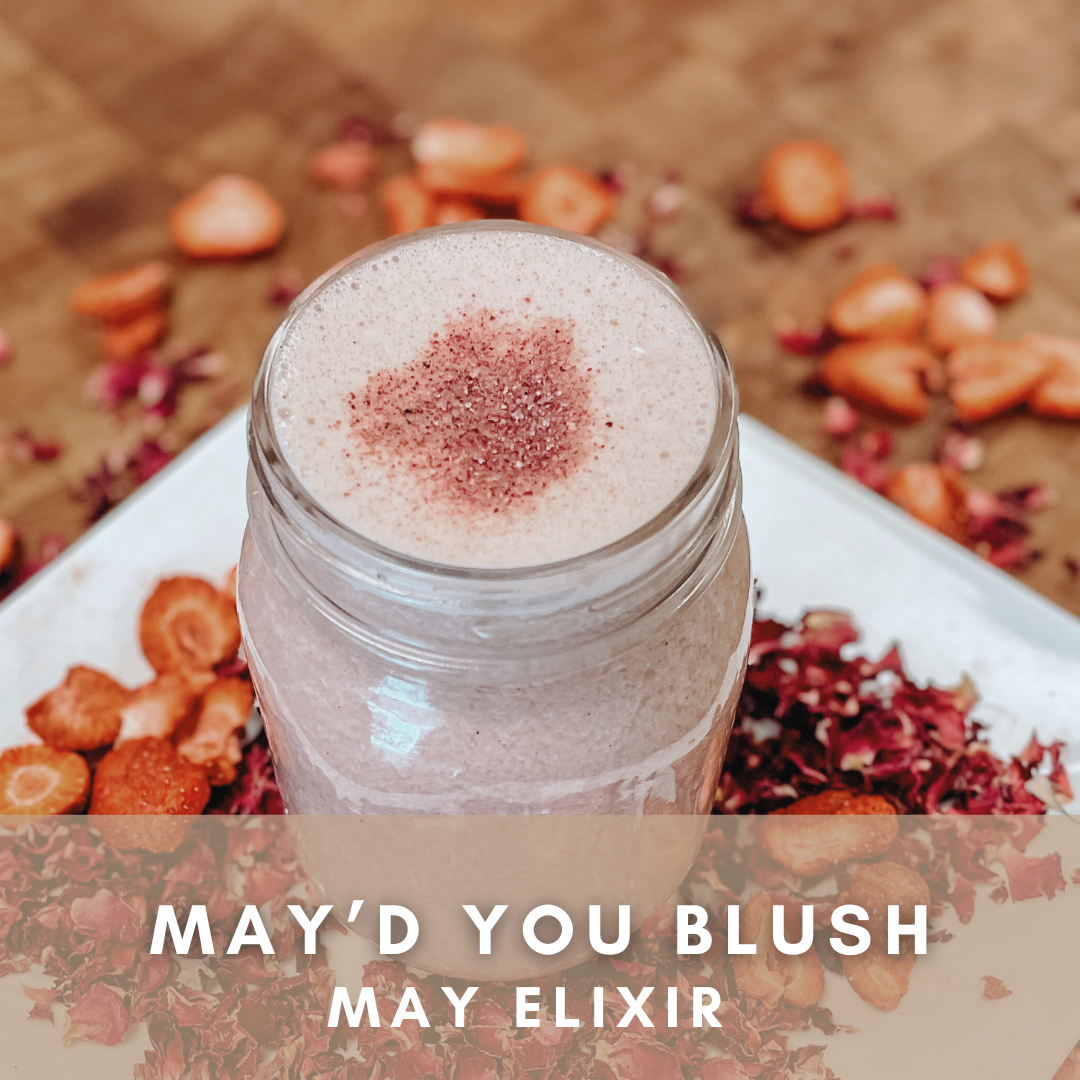PMS Patterns in Traditional Chinese Medicine
In Traditional Chinese Medicine, we refer to PMS as ‘menstrual moodiness’. This manifests as irritability, frustration, increased annoyance, sadness, increased tendency for worrying, restlessness, mental depression, even insomnia around and during menstruation.
If these symptoms generally ease after menstruation, we diagnose this syndrome as menstrual moodiness - PMS.
This is typically caused from liver qi stagnation, upward disturbance of phlegm fire or a heart blood deficiency. Let’s dive into these differentiations a bit deeper.
🧶 Liver Qi Stagnation
-
Main Manifestations: Increased irritability around and during menstruation that subsides after menstruation. Excessive bleeding that is red in color. Possible early menstruation - your bleed starts before it normally would. Fullness sensation in the chest and hypochondriac region (right side rib cage). No desire to eat. Insomnia for the whole night.
-
Treatment Principle: Soothe the liver to resolve symptoms and nourish blood to regulate menstruation.
-
Lifestyle Recommendations: To soothe the liver, stop eating 2-3 hours before sleeping. Late night eating can create stagnation in the liver and prevents the body from repairing itself and cleansing at night. As well, stop eating when 80% full - overeating creates more pressure on the liver and gallbladder. Eat to the point where you feel satisfied and could keep eating but you stop. These two lifestyle habits will help soothe the liver the most. To support blood nourishment focus on resolving any digestive issues, eating enough but not overeating, including red meat regularly and other animal products to support healthy iron levels and cook more in a cast-iron pan as this will transfer to your food.
🔥 Upward Disturbance of Phlegm Fire
-
Main Manifestations: Headache, insomnia. Excessive leucorrhea (vaginal discharge) that is yellow in color, thick and sticky. Red complexion and eyes. Fullness sensation in the chest. Restlessness, irritability during menstrual period.
-
Treatment Principle: Clear heat and resolve phlegm. Calm the heart and spirit.
-
Lifestyle Recommendations: To clear excess heat from your body, enjoy a balanced diet avoiding hot-natured or spicy foods. Lean into different tools to help manage and lower your stress. Ensure you are getting enough sleep and rest. Minimizing mucus-producing foods like dairy, alcohol, sugar, wheat, processed foods, cold foods and raw foods will support reduction of phlegm. Also, ensure you are prioritizing gentle movement like walking, gentle yoga, tai chi/qi gong. Discover new tools to help ground yourself and alleviate stress - meditation, journaling, deep breathing, dancing and time in nature can be great ways to calm your heart and spirit.
💓 Heart Blood Deficiency
-
Main Manifestations: Absentmindedness. Exhaustion. Sorrow for no reason before or during menstruation. Palpitations, insomnia. Scanty bleed.
-
Treatment Principle: Nourish the blood and calm the mind.
-
Lifestyle Recommendations: To support blood nourishment focus on resolving any digestive issues, eating enough but not overeating, including red meat regularly and other animal products to support healthy iron levels, cook more in a cast-iron pan as this will transfer to your food and rest as much as possible. Ensure you are prioritizing gentle movement like walking, gentle yoga, tai chi/qi gong. Discover new tools to help ground yourself and alleviate stress - meditation, journaling, deep breathing, dancing and time in nature can be great ways to calm your heart and spirit.
Estrogen and Kidney Yin
Traditional Chinese Medicine pre-dates the concept of hormones. Estrogen dominance is a very common issue for many women these days. The effects of estrogen in the body are similar to what we would refer to as ‘Kidney Yin’ in Chinese Medicine.
Kidney Yin is cooling, moistening and nourishing - it is intertwined with that which is sacred and life-cultivating in the reproductive system. A kidney yin deficiency will produce hot and dry symptoms such as hot flashes, vaginal dryness and night sweats - symptoms we see during menopause when estrogen is lower.
A kidney yin excess will produce symptoms that are cold and wet such as fatigue, weight gain and infertility - similar to PCOS which we see when estrogen levels are higher. Traditional Chinese Medicine aims to bring harmony to the body, mind and spirit; to balance hot & cold, yin & yang; eliminate excess & tonify deficiency.
In a state of equilibrium, the hormonal system will be regulated - body temperature will remain moderate, emotional swings will decrease and bleeding will be a time of the month you look forward to as a release & invitation to rest.
Holistic Approach to Balance
Traditional Chinese Medicine uses acupuncture, herbal medicine, diet therapy and lifestyle shifts to recalibrate the body, mind and spirit. TCM offers a different and more natural perspective on health and healing that much of what we have been raised in.
It might seem overwhelming at first but this medicine is as ancient as the Earth, it looks to nature to explain how the natural world operates and invites us deeper in our hearts.
About the Author
Hannah-Beth Kusler is a holistic nutritionist, herbalist & yoga teacher as well as a current student of Chinese medicine & acupuncture with a focus on cosmetic acupuncture and beauty from within.
You can discover Hannah-Beth's offerings on her website. Follow her for more wellness tips on instagram!



